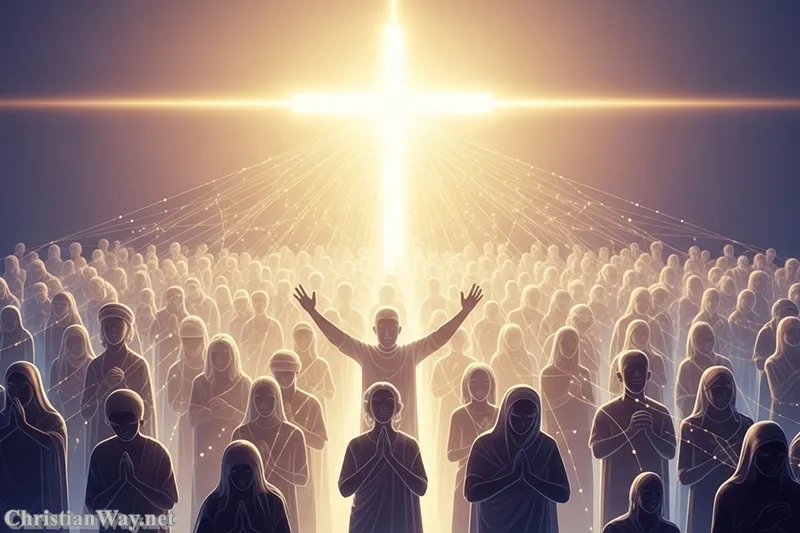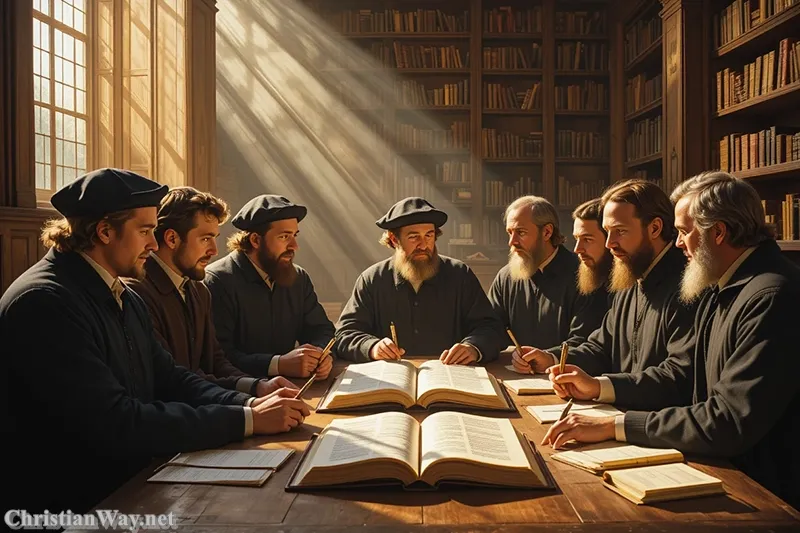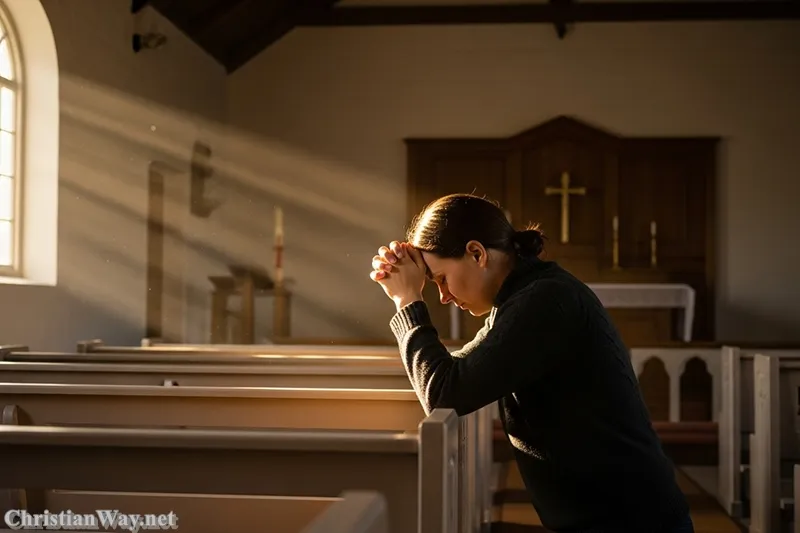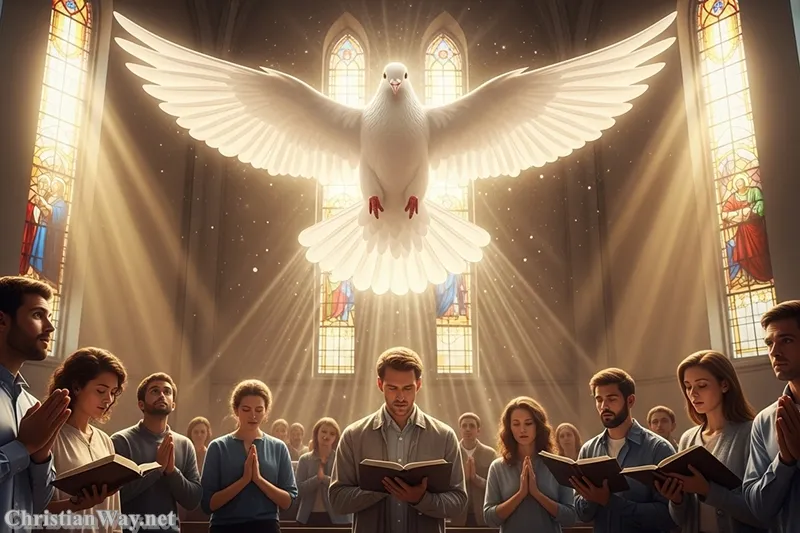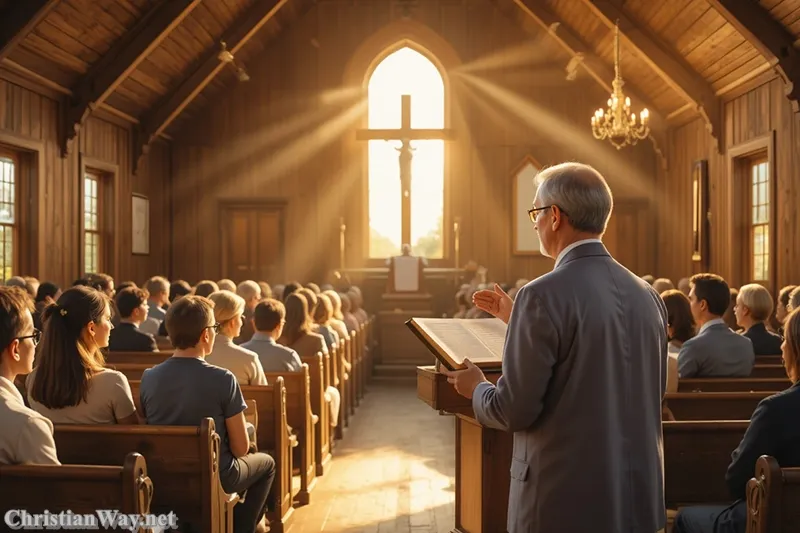Dear friends in Christ,
Every age brings forth men and women who change not only the world around them, but the hearts of those who seek the truth. In the sixteenth century, amid the storms of spiritual renewal that swept through Europe, one such man emerged — John Calvin, a thinker whose faith, discipline, and theological clarity gave lasting form to what we now call the Protestant Reformation.
Calvin was not the first reformer, nor was he a fiery revolutionary like Martin Luther. He was a quiet scholar, a man of Scripture, reason, and unshakable conviction. Yet his influence reached far beyond his lifetime, shaping churches, doctrines, and the moral vision of countless believers. To understand Calvin is to understand how the Reformation became not only a protest against corruption, but a new vision of life lived entirely under the lordship of God.
This reflection seeks to honor John Calvin’s importance within the great story of the Reformation — not as a distant figure in history, but as a voice still speaking to the Church today, calling us back to the majesty and mercy of God.
The Early Life of John Calvin: A Mind Captivated by God
John Calvin was born in 1509 in Noyon, France, at a time when Europe was restless with change. The printing press had given new power to ideas; the Bible was beginning to reach the hands of the common people; and the call for reform within the Church was growing louder. Calvin, originally trained in law, turned his mind toward theology when he encountered the writings of the early reformers and the Scriptures in their original languages.
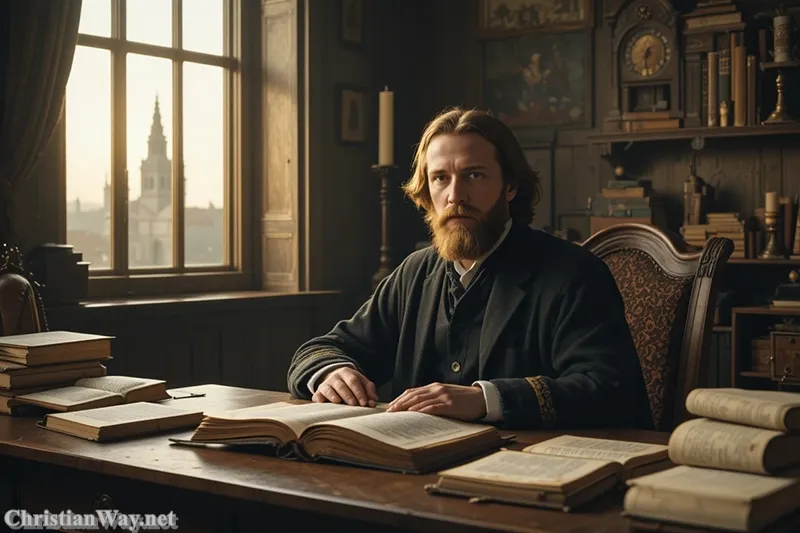
In his heart, the Word of God found a deep and fertile ground. Calvin’s conversion — which he described as “sudden and unexpected” — was not merely intellectual. It was a turning of the soul. He saw that salvation was not something we earn by human merit, but a gift of grace, freely given by God. As he later wrote, “We are saved by grace alone, through faith alone, because of Christ alone.”
This conviction would become the cornerstone of his theology and the guiding light of his life.
The Call to Reform: Calvin’s Role in the Protestant Movement
The Reformation was already underway when Calvin began his work. Martin Luther had defied Rome; Ulrich Zwingli had preached renewal in Zurich. But it was Calvin who gave the movement a coherent theological and organizational shape.
When he published The Institutes of the Christian Religion in 1536 — at the age of only twenty-six — Calvin offered a masterpiece that would become the foundation of Reformed theology. In it, he set forth a vision of God’s absolute sovereignty, humanity’s total dependence on divine grace, and the Church’s calling to live faithfully in the world.
For Calvin, reform was not merely about rejecting abuses; it was about restoring the purity of worship and the truth of the Gospel. He wrote, “Man’s mind is a perpetual factory of idols.” Therefore, true reformation begins when we turn away from all false images and fix our hearts upon the glory of God revealed in Jesus Christ.
Geneva: A City Under the Word
When Calvin arrived in Geneva, the city was struggling to define its spiritual identity. What he helped to build there became a model for Protestant communities across Europe.
He taught that Scripture must govern every aspect of Christian life — worship, preaching, governance, and personal conduct. The city became known as a “school of Christ,” where pastors were trained and missionaries sent forth. Under his guidance, Geneva became both a refuge for the persecuted and a center of theological education.
Calvin’s governance was not without controversy. His strict moral discipline and insistence on doctrinal purity earned him both admiration and criticism. Yet, even his sternness was rooted in his love for God’s holiness. To him, faith was not a private emotion but a covenantal relationship with a holy and just God.
The Theology of John Calvin: Grace and Sovereignty
At the heart of Calvin’s thought was a burning conviction that God is sovereign over all things. Nothing happens apart from His will, and every breath we take is sustained by His providence. This was not a cold doctrine of fate, but a living faith in the God who orders all things for His glory and the good of those who love Him.
Calvin wrote, “There is not one blade of grass, there is no color in this world that is not intended to make us rejoice.” To him, creation was a theater of God’s glory, and humanity’s purpose was to reflect that glory through obedience, gratitude, and love.
His teaching on predestination — often misunderstood — was never meant to create despair, but to magnify the certainty of God’s mercy. For Calvin, the doctrine of election was the assurance that salvation does not depend on human weakness but on divine faithfulness. “Our salvation,” he wrote, “is not in ourselves, but in the mercy of God.”
The Scriptures as the Voice of God
More than any system of theology, Calvin’s lasting gift to the Church was his reverence for Scripture. He believed the Bible was the living Word of God — not merely a text to be studied, but a voice to be obeyed.
In his commentaries and sermons, Calvin sought not to impress with learning but to uncover the plain meaning of the text. He taught that the Holy Spirit alone opens the heart to understand Scripture. “The same Spirit who spoke through the prophets,” he said, “must now speak in our hearts, or the Word will be dead to us.”
Through this conviction, Calvin helped shape the Reformation’s enduring principle: Sola Scriptura — Scripture alone as the final authority for faith and life.
A Vision for the Christian Life
Calvin’s theology was not meant for scholars only. It was deeply practical, rooted in daily discipleship. He taught that every believer has a vocation — a divine calling — and that all work, done faithfully, can become an act of worship.
In this sense, Calvin sanctified ordinary life. The farmer plowing his field, the mother raising her children, the merchant conducting business with honesty — all could serve God through their labor. He wrote, “There is no task so humble that it does not shine before God.”
This teaching transformed Western society’s understanding of work, responsibility, and civic virtue. It inspired later movements that emphasized education, stewardship, and the dignity of every calling.
Calvin’s Legacy in the Reformation and Beyond
By the time of his death in 1564, John Calvin had not only shaped Geneva but also the spiritual life of entire nations. His followers — the Huguenots in France, the Puritans in England, the Presbyterians in Scotland, and Reformed communities across the world — carried his theology into new lands and generations.
Even today, the echoes of his thought remain in countless churches and confessions. His vision of a disciplined, Word-centered, grace-filled Christian life continues to inspire both theologians and ordinary believers.
Calvin’s emphasis on education led to the founding of schools and universities; his insistence on moral accountability helped shape democratic governance; his focus on God’s glory influenced art, music, and literature. Few men have combined intellect and faith so profoundly.
Criticism and Humility: The Human Side of Calvin
Yet Calvin was not without faults. His firmness could turn to harshness; his zeal for order sometimes led to intolerance. The tragic execution of Michael Servetus, though defended in its time, remains a painful reminder of the limits of human judgment.
But even in his failings, Calvin’s heart remained set upon God’s truth. He never sought fame or wealth, and he lived and died as a servant of the Word. His last words were not about his achievements, but about the grace of the Savior he loved: “Whatever I have done,” he said, “I have done faithfully according to my ability. But my faults are many, and I beg that He would cover them in His mercy.”
The Spiritual Significance of John Calvin Today
In our own time, when faith is often shallow and truth easily bent, Calvin’s life calls us back to reverence — to a God-centered view of existence. His message reminds us that theology is not about control or pride, but about surrender to divine majesty.
To read Calvin is to be confronted by the holiness of God and the humility of man. It is to rediscover that faith is not an accessory to life, but its very essence. The Reformation he helped shape continues wherever believers submit their lives to the sovereignty of Christ and the authority of Scripture.
In that sense, John Calvin’s legacy is not confined to history. It lives wherever hearts are reformed by grace, and communities are built upon truth and love.
Reflect and Pray
The life of John Calvin is a reminder that reform begins not in institutions, but in the heart. His brilliance served his devotion; his learning bowed before the mystery of God. Through his work, we see that the Protestant Reformation was never just a reaction to corruption, but a renewal of faith — a return to the living God who rules all things in love.
Let us then take from Calvin not merely his doctrines, but his devotion: his hunger for God’s glory, his reverence for Scripture, and his humility before grace. May his life awaken in us the same longing — to live every moment under the gentle sovereignty of our Lord.
Prayer:
Lord God, who raised up faithful servants in every age, we thank You for the life of John Calvin — a mind illuminated by Your Word and a heart surrendered to Your will. Grant that we, too, may seek Your truth with humility and live for Your glory alone. Reform our hearts by Your Spirit, that our lives may bear witness to Your grace. Through Jesus Christ our Lord. Amen.
— Fr. John Matthew, for Christian Way
